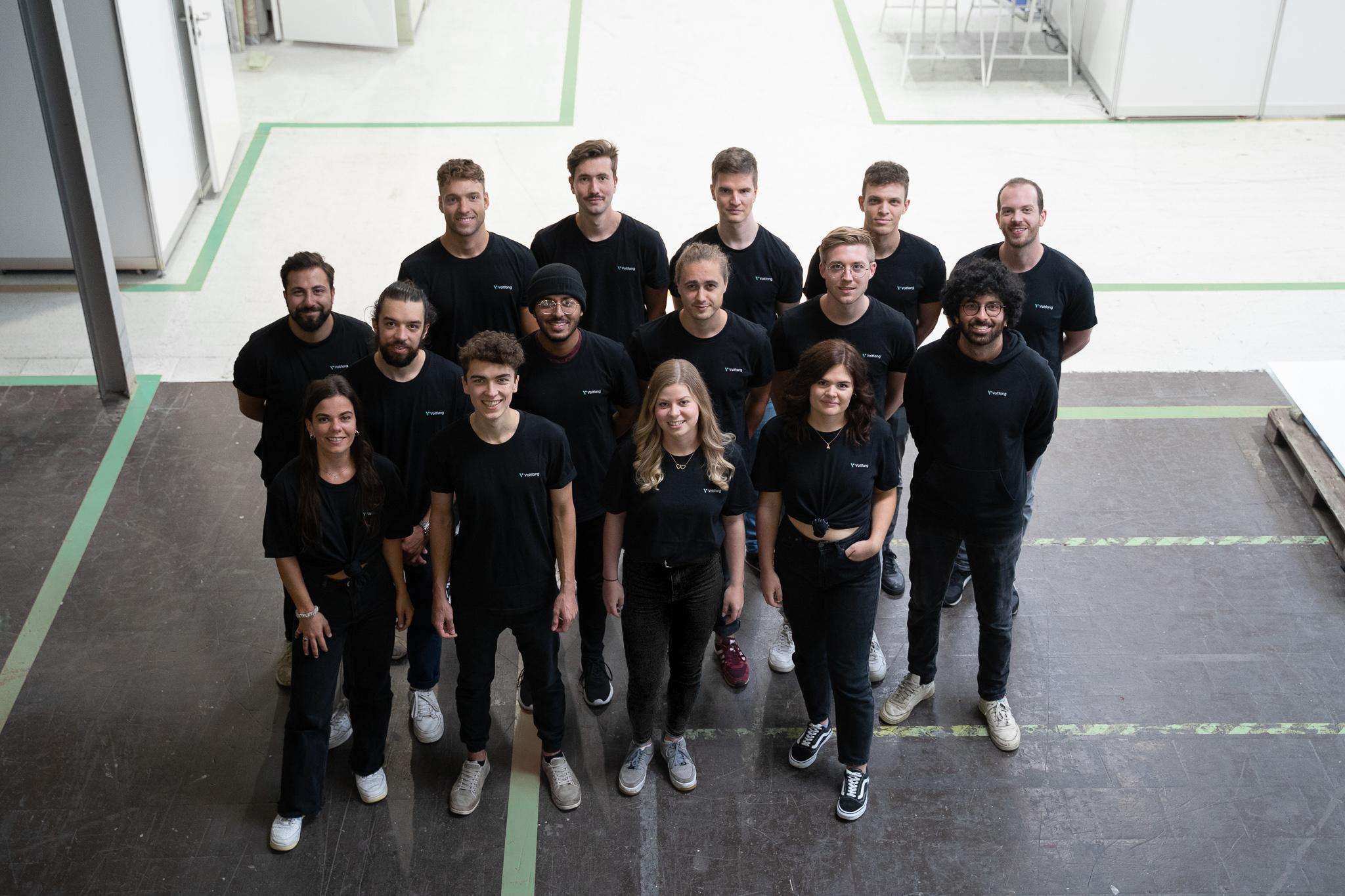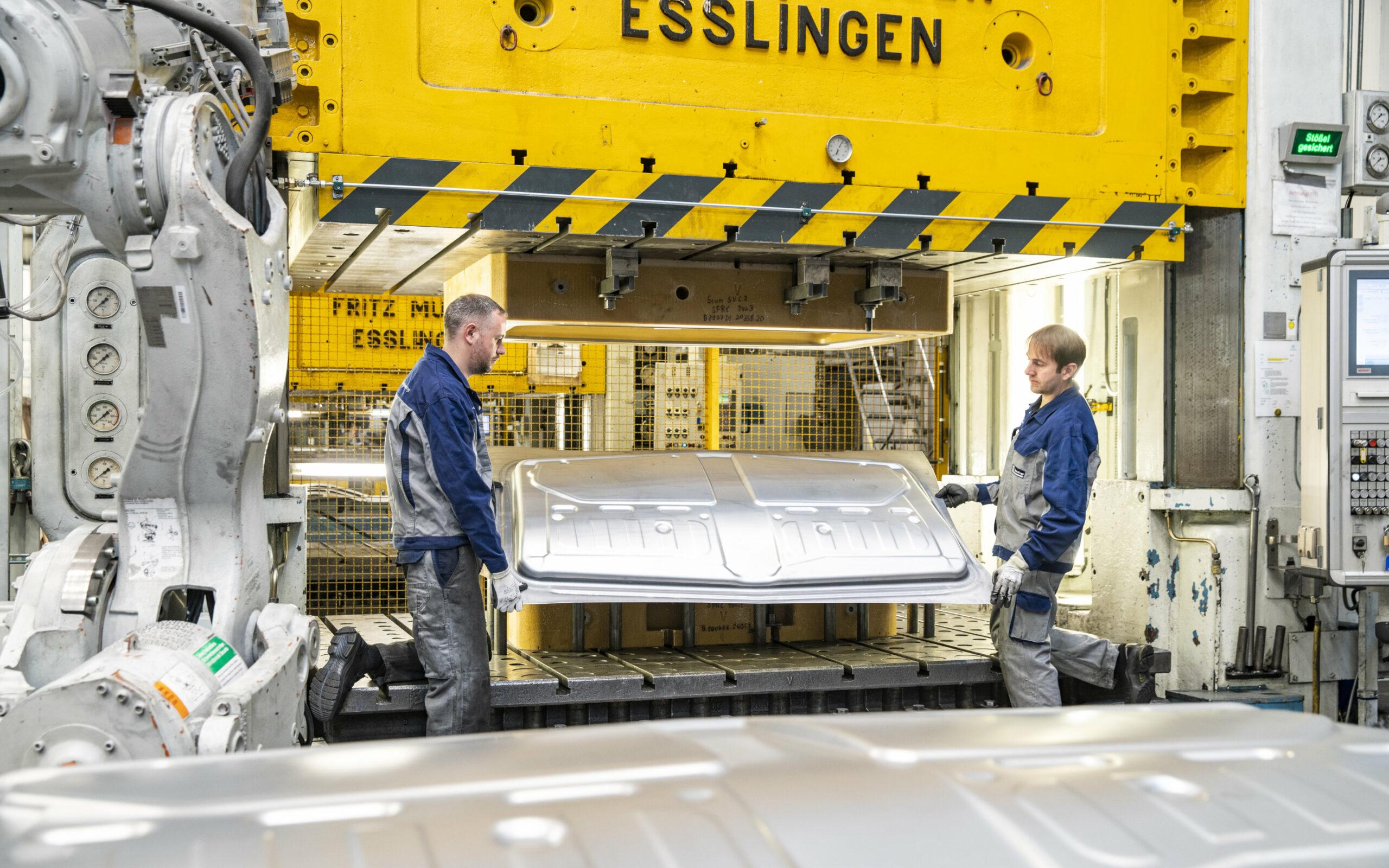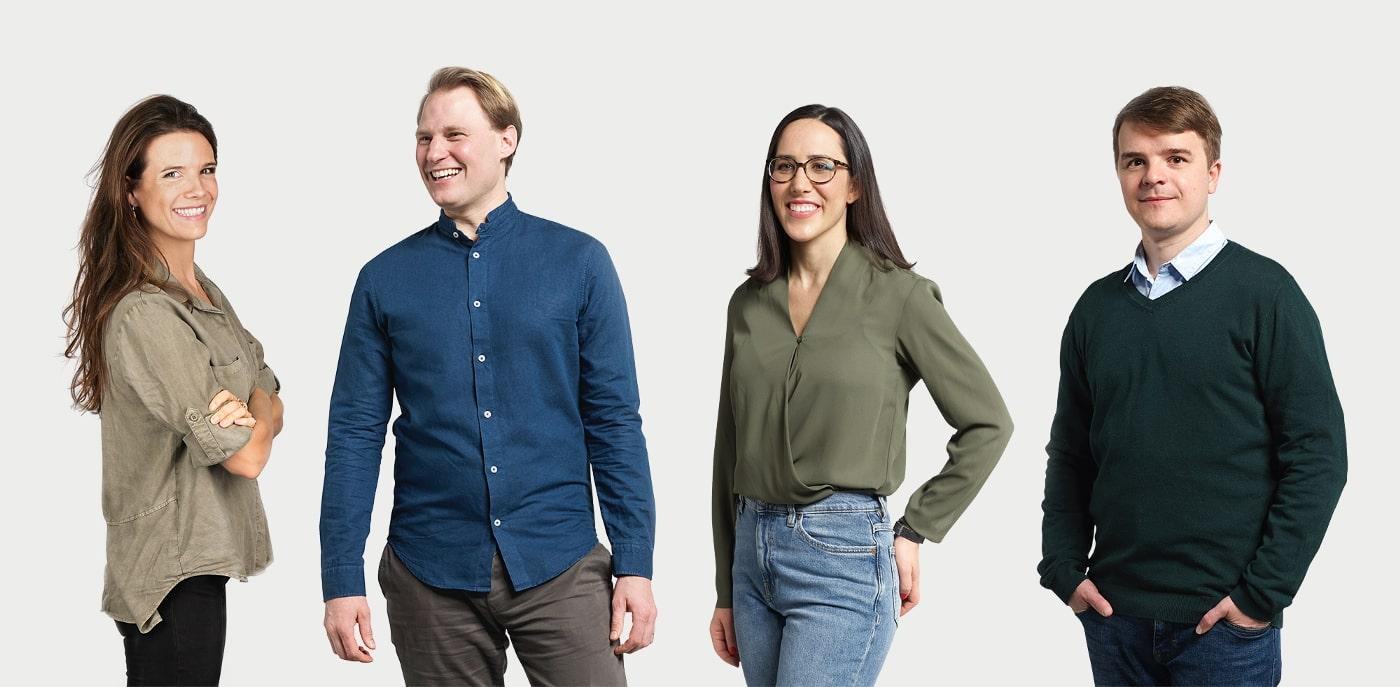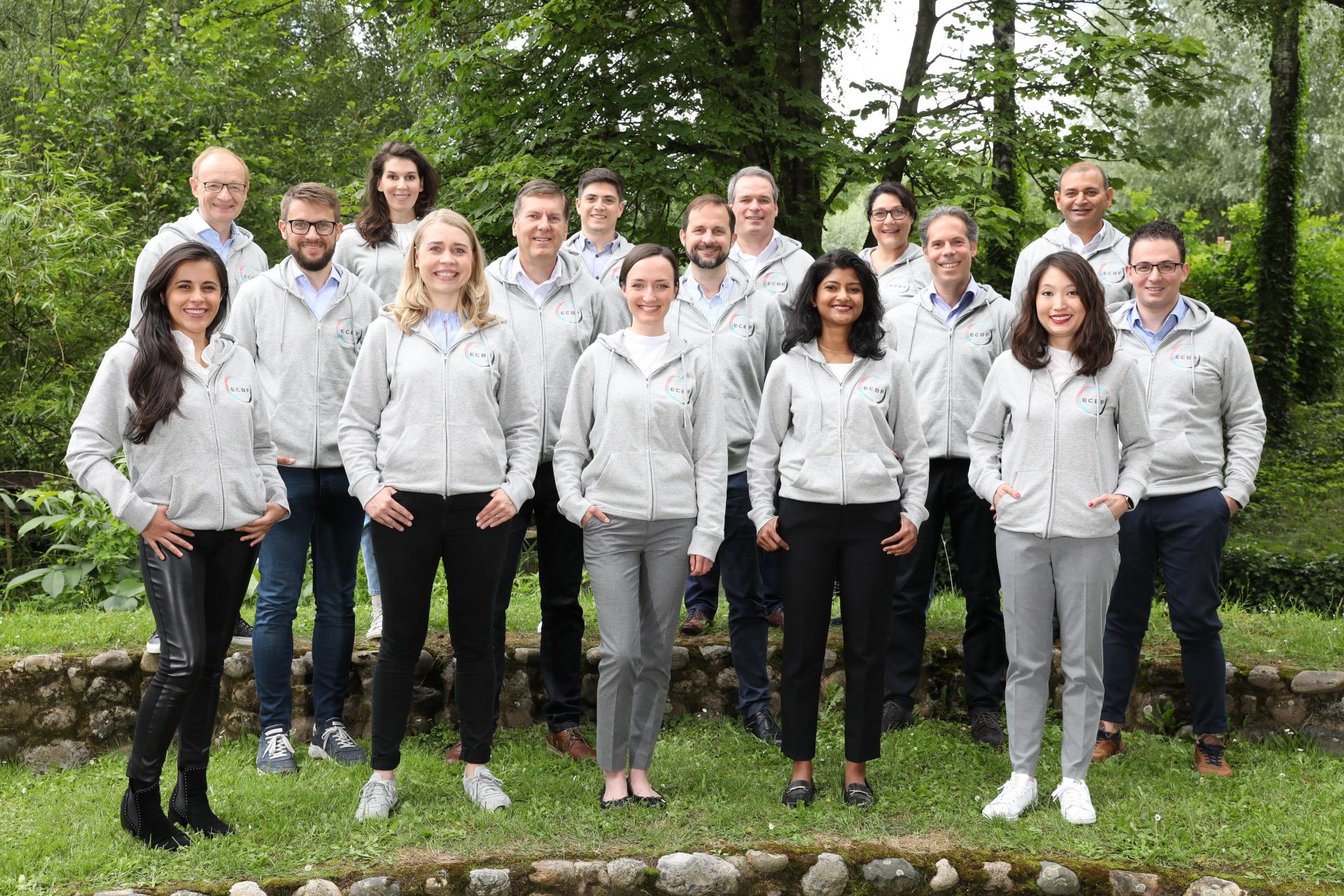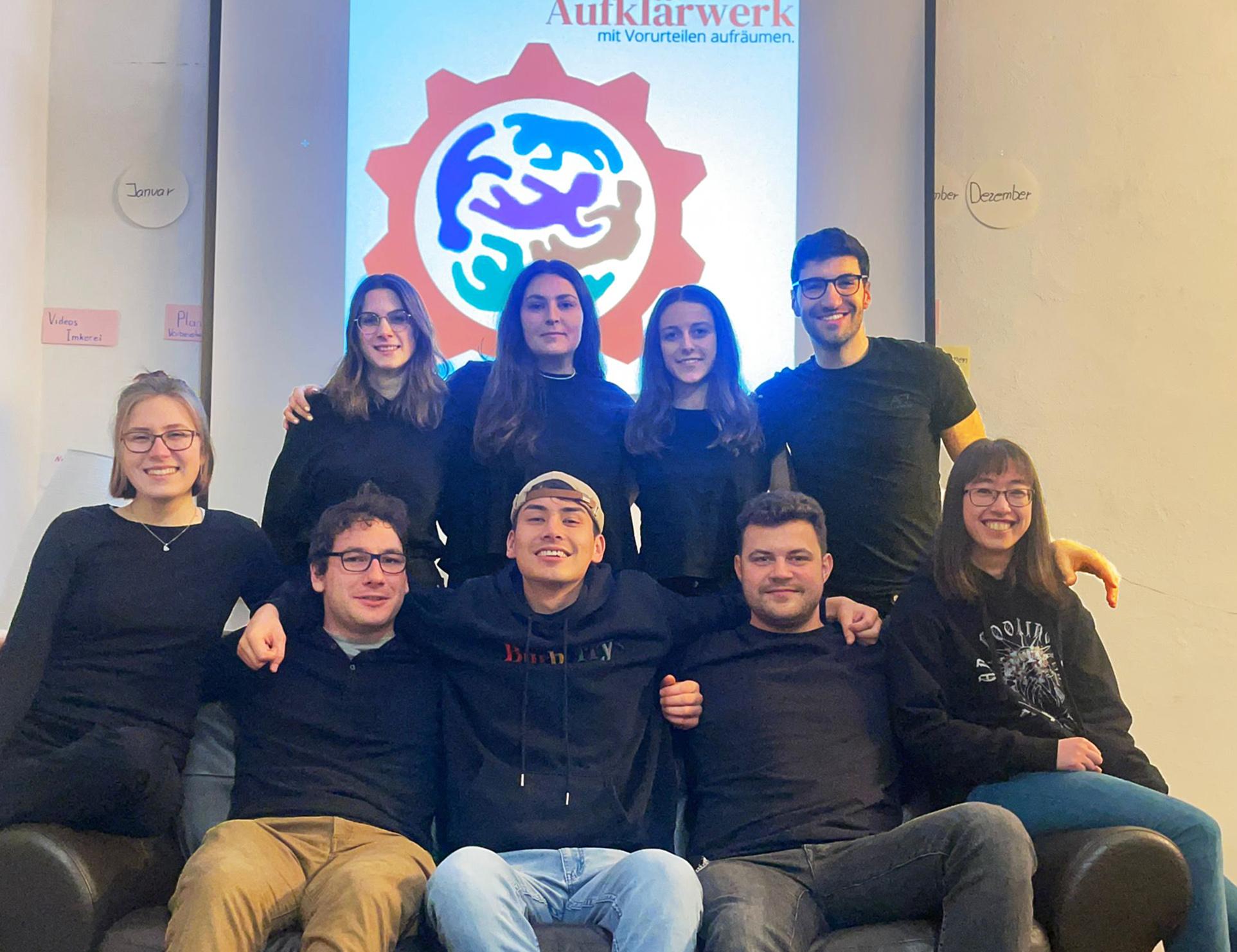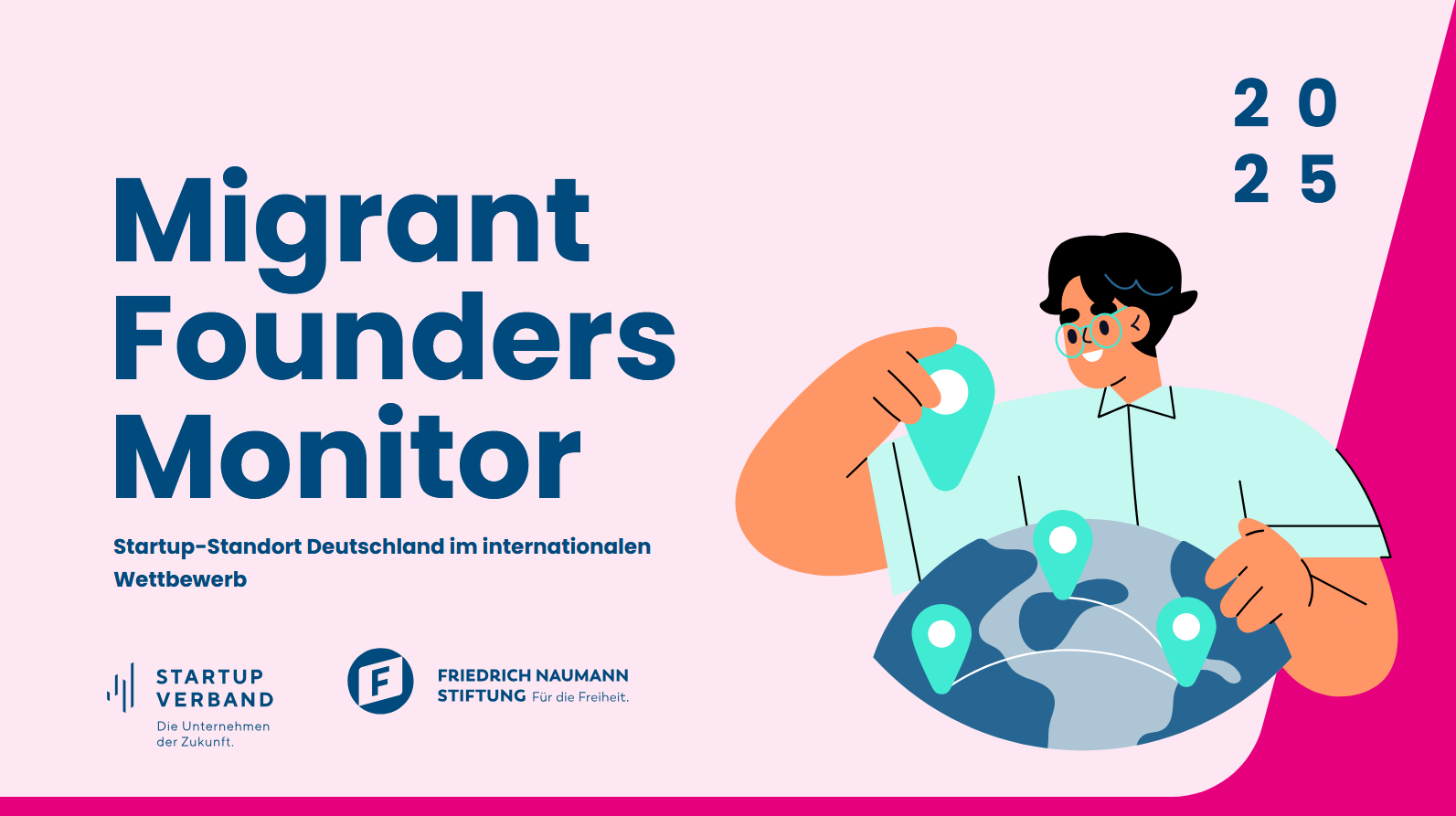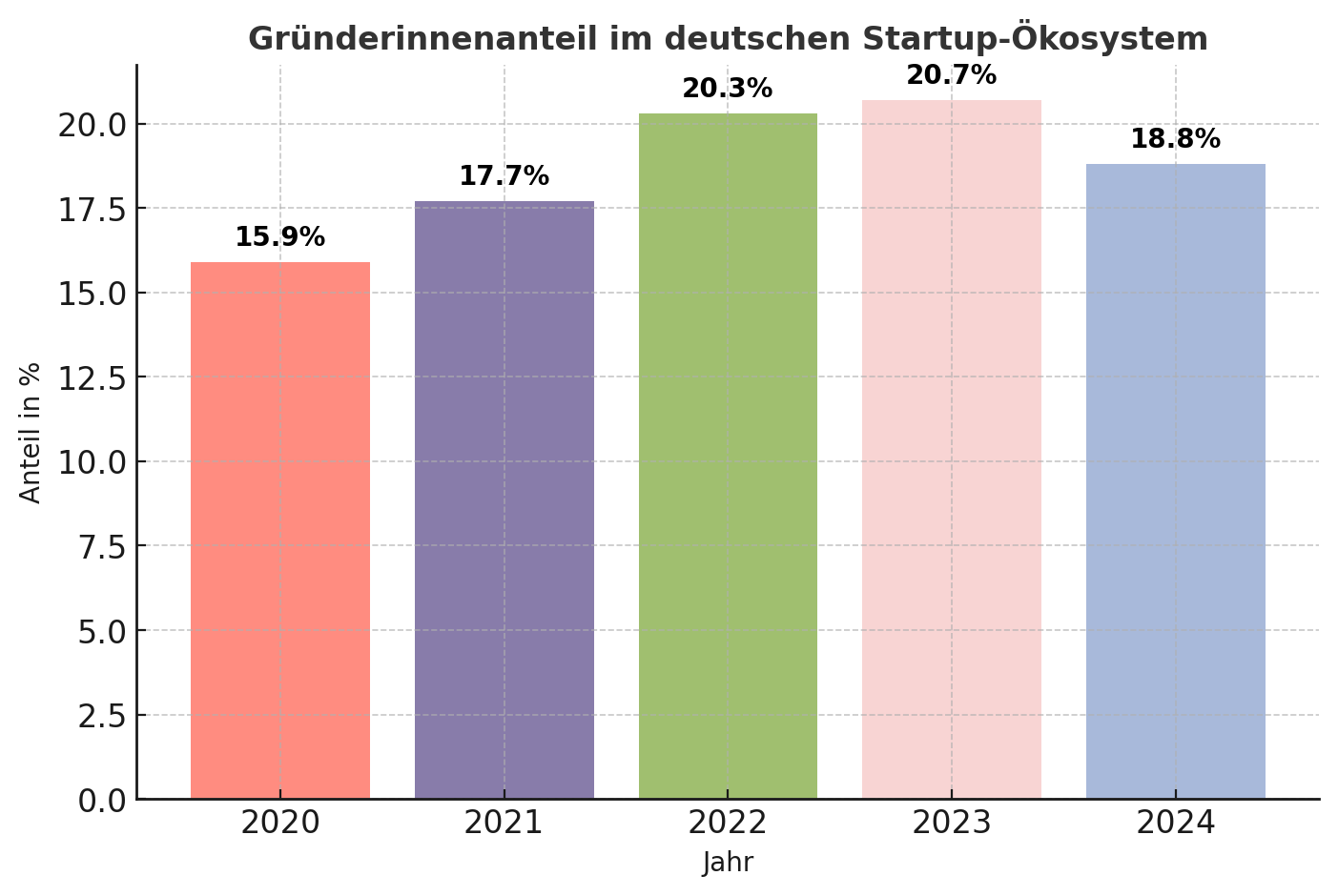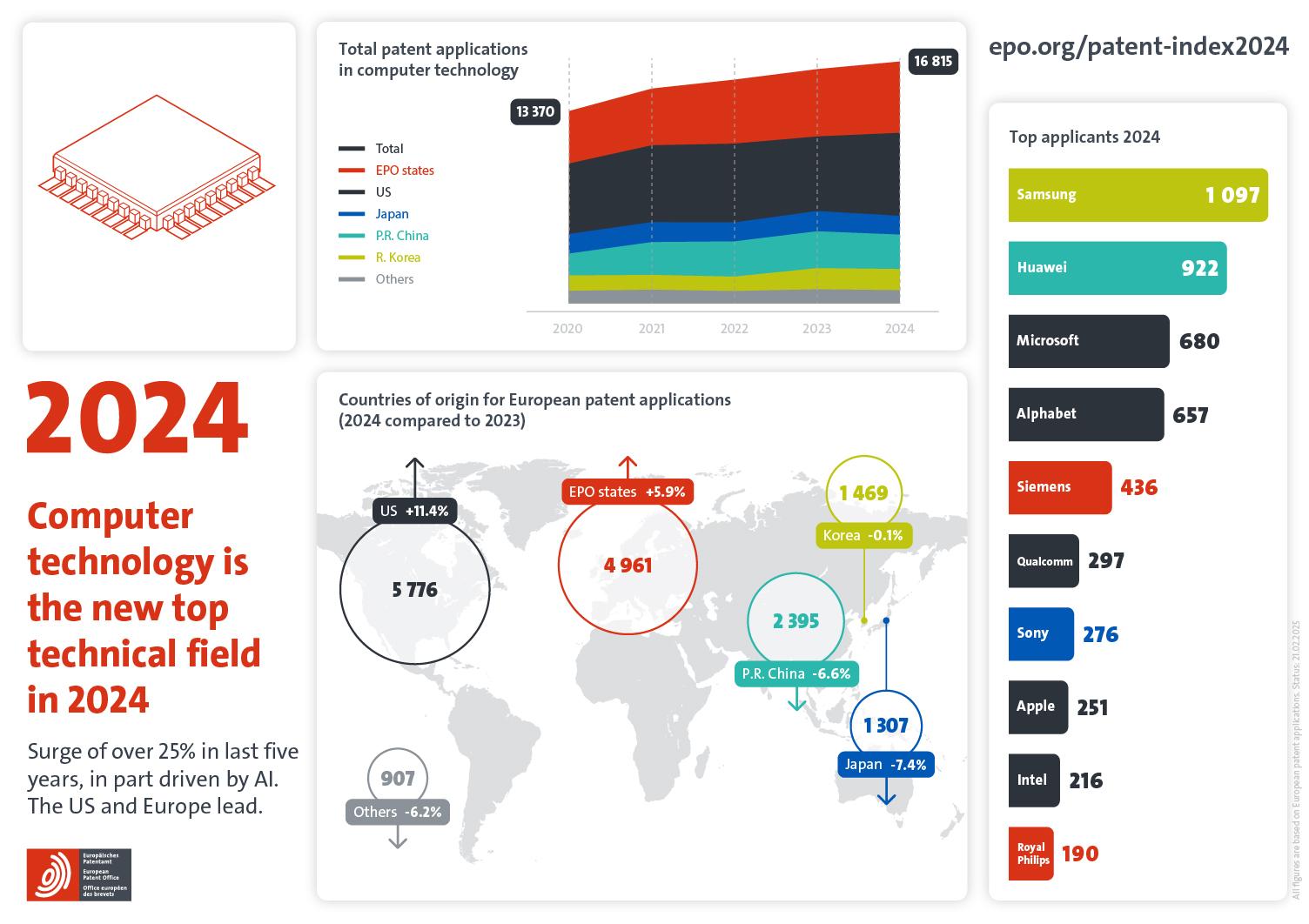These founders had their idea stolen - this is how they deal with it
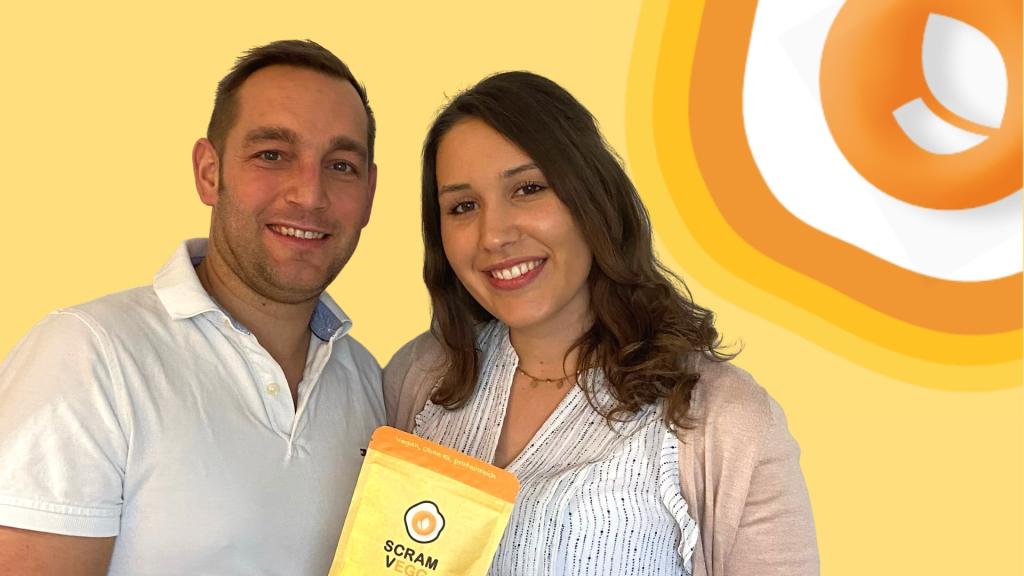
Scramvegg has invented a vegan scrambled egg substitute. But a short time later, many copies end up on supermarket shelves. The problem is a lack of intellectual property rights.
Finding vegan food is not easy. If you want to avoid soy for reasons of taste and ethics, it is even more difficult. For example, the vegan all-purpose weapon tofu is ultimately only made from soybeans. Making a proper scrambled egg from it is virtually impossible, says Martin Schottenheimer. His partner Marie Klamroth and he (both vegans) spent ages trying to find a way of mixing different ingredients together. "But the result was usually a porridge with lumps, not really an adequate substitute".
However, Klamroth and Schottenheimer eventually found a recipe that worked so well that they now market it professionally. They have named it "Scramvegg". It is supposed to be a vegan, soy-free ready-to-scramble egg, "ideal for hotels or home use, for example", advertises Schottenheimer. A large customer group, the trending topic of vegan nutrition, a professional recipe: it could have been the breakthrough for Schottenheimer and his girlfriend. After all, what could possibly go wrong?
In a word: idea theft. Last fall, Scramvegg launched its own online shop. The first orders arrived quickly and the feedback was positive. "But less than two months later, we suddenly received messages from acquaintances who saw suspiciously similar products on the shelves of large retailers," reports Klamroth. Her suspicion: the competition had made generous use of the Scramvegg recipe. "We know the industry, so it wasn't a complete surprise to us," says Klamroth. Such copies are commonplace. "When Coca-Cola comes out with a diet variant, the discounter also has one on the shelves very quickly," adds Schottenheimer. But the speed took them by surprise.
Patent and copyright law only help to a limited extent
What Scramvegg experienced is almost always a threat when a young company ventures into the food market. Especially with a good idea. Legal protection against - even brazen - copies is only available under strict conditions. "This is due to our economic system, which is based on competition," says Oliver Brexl. He is a specialist lawyer for intellectual property law and heads the Intellectual Property and Media Working Group at the German Bar Association. According to him, two protection mechanisms can theoretically take effect: patent law and copyright law.
"In Germany, however, we only grant patent rights in exceptional cases," he explains. For example, no one can have the car itself protected. "Then we would only have one manufacturer, no competition between BMW, VW and co." The situation is similar with food. And copyright law does not apply here either. "This applies above all to personal, intellectual creations," says Brexl. "But a recipe is more like a set of instructions for use, it lacks the element of creation."
However, the Scramvegg founders are not resigned to this. Perhaps also because they expected ideas to be stolen. "We tried to set up our product from the outset in such a way that it could hold its own against mass-produced goods," says Martin Schottenheimer. Production takes place entirely in Germany, the packaging is not made of plastic and everything is as sustainable as possible. "We want to be to the competition what Fritz-Kola is to Coca-Cola," he explains.
In the meantime, Scramvegg has also signed its first cooperation agreements with supermarkets, so that its own bags will soon be standing next to the copies. "We're not afraid of this comparison," says Schottenheimer. The company already has 16 Edeka stores as partners, with more to follow.
The founders are optimistic that they can continue to achieve their medium-term goal of selling 10,000 packs per month. "We have already achieved things much faster than planned, such as cooperating with supermarkets," says Marie Klamroth. Scramvegg needs 300 to 400 such collaborations to reach the 10,000 target.

Newsletter
Startups, stories and stats from the German startup ecosystem straight to your inbox. Subscribe with 2 clicks. Noice.
LinkedIn ConnectFYI: English edition available
Hello my friend, have you been stranded on the German edition of Startbase? At least your browser tells us, that you do not speak German - so maybe you would like to switch to the English edition instead?
FYI: Deutsche Edition verfügbar
Hallo mein Freund, du befindest dich auf der Englischen Edition der Startbase und laut deinem Browser sprichst du eigentlich auch Deutsch. Magst du die Sprache wechseln?

